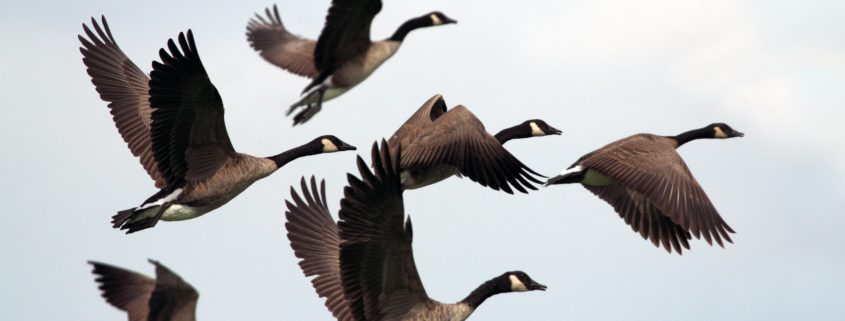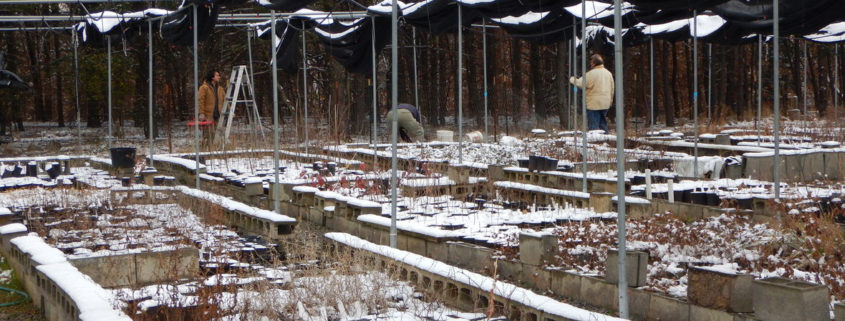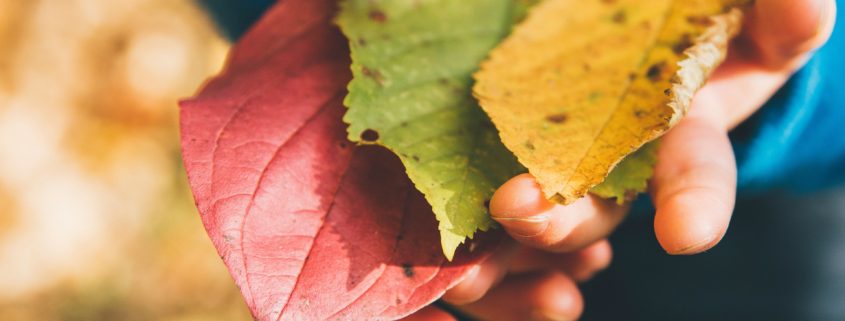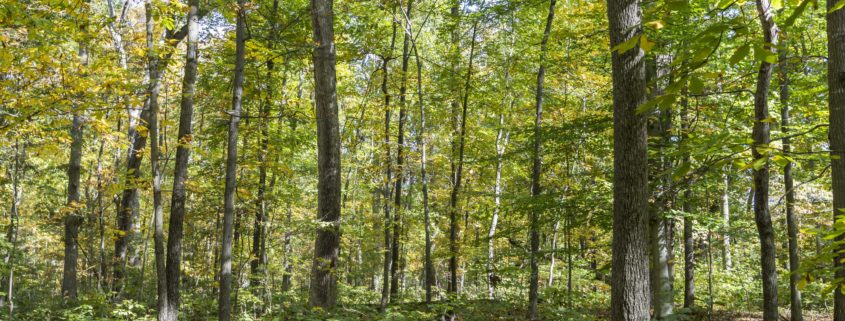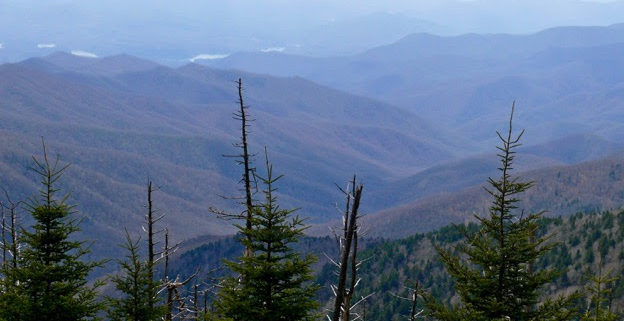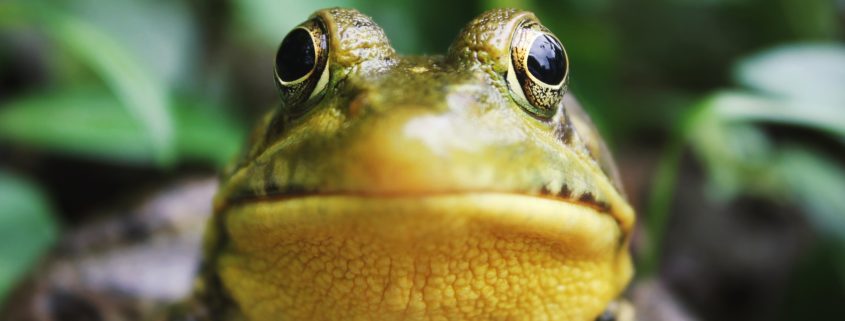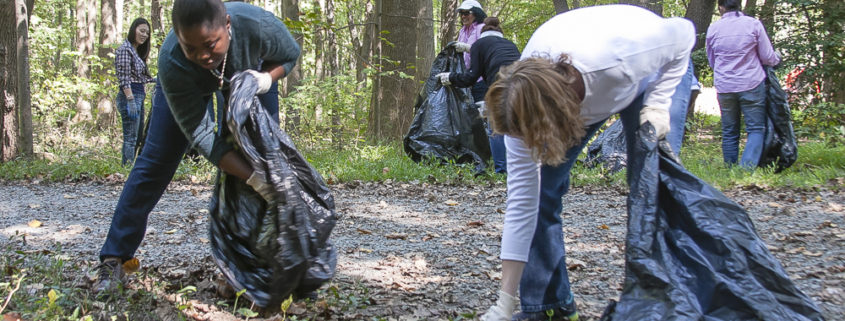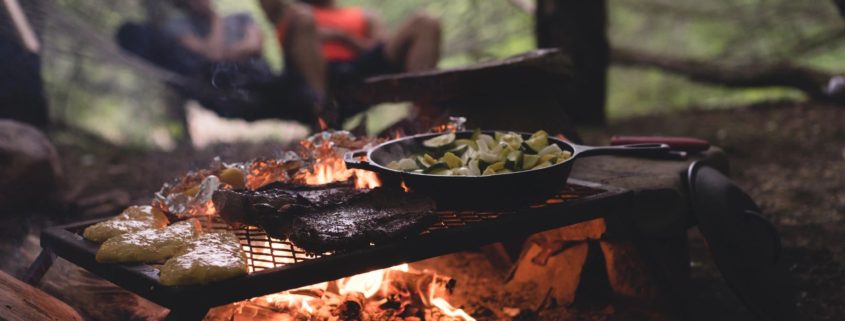Reviewed by Wendy Cohen
Climate of Hope (2017, 277 pp) avoids the usual gloom-and-doom discussion around climate change by offering up two premises: First, if we shift the focus from international treaties to projects in local municipalities, much work can be done to mitigate climate change. Second, rather than view the multiple causes of climate change as problematic, seeing them as numerous opportunities for solving the problem of rising earth temperatures can help us make headway with the problem. Every sector of society can help with climate protection. In other words, “think globally, act locally,” and above all, act. These two tenets are also at the core of the work of master naturalists.
Citing example after example of actions that have had a proven positive impact, Michael Bloomberg, former mayor of New York City and current head of Bloomberg Philanthropies, and Carl Pope, longtime environmental activist and former executive director of the Sierra Club, give the reader cause for hope in the fight against environmental threats causing rising temperatures. In addition to showing how innovative public/private partnerships have helped fund greener technologies, Climate of Hope points to the natural world as “an enormous, largely unread library of solutions.”
Bloomberg and Pope show examples of something naturalists have long known: investing in more sustainable agriculture and forestry practices is key to combating climate change. In their words, maintaining healthy ecosystems allows them to “do what they are equipped to do–suck carbon out of the atmosphere and turn it into soil and vegetation”(p. 178). One example they give is mangroves: According to their research, if half of what has been lost of the mangroves found mostly in Asia were restored, 6 billion tons of carbon dioxide could be stored, a number that matches total U.S. emissions each year! An additional advantage would be greater protection of the tropical coastline from typhoons.
Climate of Hope demonstrates how local efforts to protect our ecosystem can have a ripple effect. Promoting environmental stewardship goes a long way in helping to counter rising global temperatures. This book validates the work of master naturalists.
Want to review a resource? We’d love to hear from you. Instructions for submission await your click and commitment.


